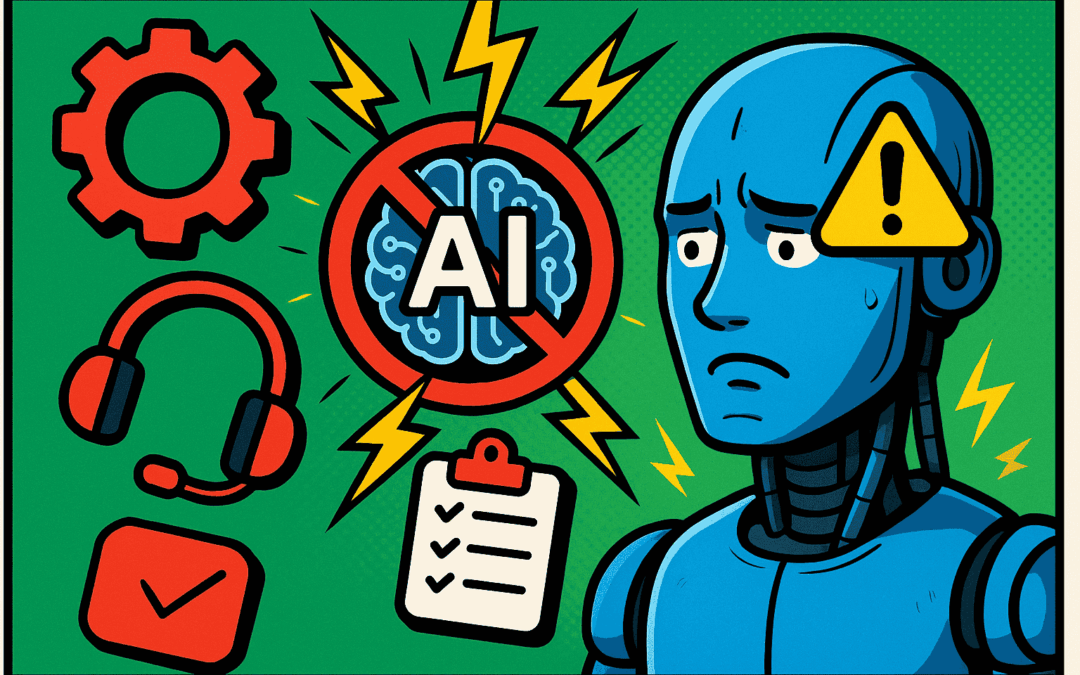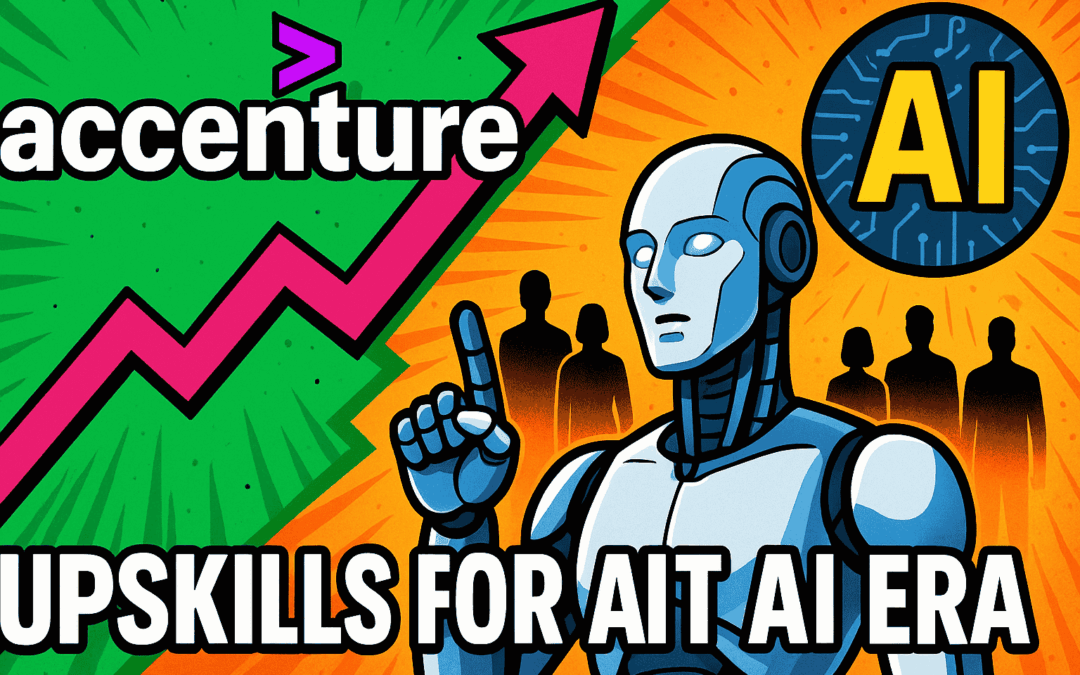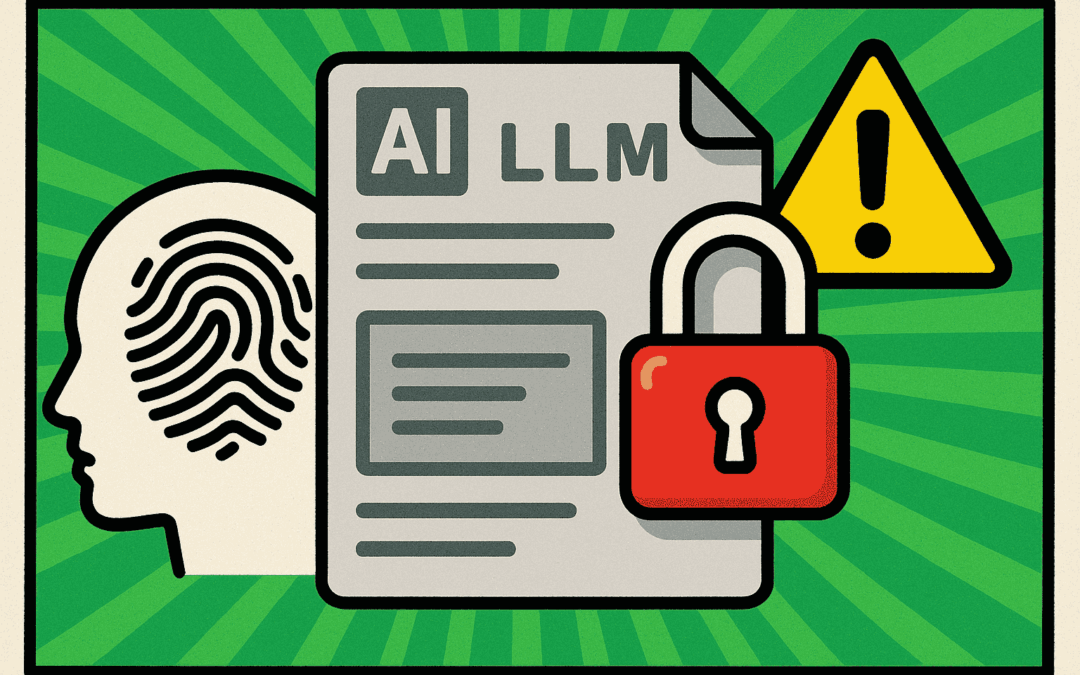The artificial intelligence landscape in the Middle East reached a new milestone as UAE President Sheikh Mohamed bin Zayed Al Nahyan met with OpenAI CEO Sam Altman to discuss AI collaboration and future opportunities.
This high-profile meeting signals not just regional ambition but an acceleration of the UAE’s strategy to position itself at the forefront of the global AI revolution.
Key Takeaways
- The UAE and OpenAI discuss in-depth collaboration to advance AI capabilities, focusing on regional and global impact.
- The partnership may fast-track government adoption of large language models (LLMs) and generative AI in public services and industry.
- The move positions Abu Dhabi as a central innovation hub in AI, potentially attracting startups, talent, and major tech investments.
- OpenAI continues expanding international partnerships to shape ethical and regulatory frameworks outside the US and Europe.
- This initiative is likely to influence AI workforce development, investment, and real-world generative AI applications in the Middle East and beyond.
UAE’s Rising Role in Global AI Advancement
The UAE’s alliance with OpenAI signals the region’s transition from early adopter to AI innovation leader, with global implications for regulatory and workforce transformations.
The UAE has consistently signaled its ambitions in AI, from appointing the world’s first minister for artificial intelligence in 2017 to launching the Mohamed bin Zayed University of Artificial Intelligence.
Partnering with OpenAI—the creator of ChatGPT and a driver of generative AI’s mainstream adoption—shows a clear strategy to integrate cutting-edge large language models within the nation’s economy and public sector.
Multiple reports, including Reuters and Gulf News, confirm that the discussions covered knowledge sharing, talent development, potential for on-the-ground AI infrastructure, and regulatory frameworks.
These areas directly impact developers, startups, and the wider AI ecosystem.
Implications for Developers, Startups, and AI Professionals
- Developer Opportunities: New access to OpenAI models and tools within the UAE may accelerate prototype development, experimentation, and adoption of generative AI in Arabic and regional applications.
- Startup Investment: With the UAE’s aggressive AI funding and OpenAI’s technical leadership, expect new accelerators, sandboxes, and grants focused on robotics, finance, healthcare, and civic AI use-cases.
- Professional Upskilling: Joint training programs and knowledge-exchange initiatives will likely drive regional talent pipelines, as referenced by Arab News.
- Global Ecosystem Impact: As the UAE influences AI regulation and ethics—and tests real-world deployments at scale—developers worldwide may see faster validation cycles and new regulatory standards originating from the Gulf.
OpenAI’s outreach beyond established markets could unlock diverse training data, user insights, and use-cases, feeding a richer cycle of generative AI innovation.
Strategic Trends: What to Watch Next
- Localized LLMs and Multilingual Models: Co-development efforts could yield new large language models trained specifically on Arabic and MENA region datasets, reducing model bias and powering regional applications.
- Ethics and Regulation: The partnership provides a testbed for responsible AI legislation and government frameworks outside Western contexts, possibly informing global norms.
- Public Sector Deployment: Public services—from law to healthcare—could see rapid generative AI implementation, offering developers and SaaS firms fast-tracked pilots and feedback cycles.
- Broader Alliances: Expect moves from other leading AI labs and cloud hyperscalers to establish or strengthen Gulf partnerships as nation-level competition heats up.
Conclusion
The UAE’s engagement with OpenAI marks more than symbolic progress—it lays foundations for the region to become a pivotal AI innovation and regulation hub.
For AI developers, entrepreneurs, and researchers, this signals immediate opportunities, faster market access, and evolving standards forged by real, large-scale deployments of generative AI technologies.
Source: Reuters











